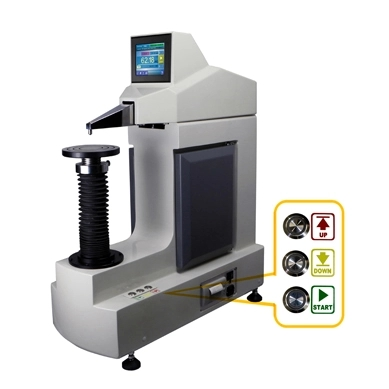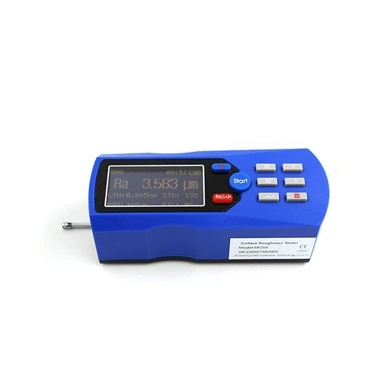The Importance of Hardness Tester in Automotive Manufacturing
The automotive industry is a sector that demands precision, durability, and quality. One of the essential tools that help achieve these standards is the hardness tester. This device measures the hardness of materials, a critical property that determines how a material will react under specific conditions such as pressure, temperature, and wear. In the automotive industry, hardness measuring machine is used to ensure that the materials used in manufacturing vehicles can withstand the rigors of daily use and harsh environments.
.png)
Hardness Tester and Quality Control in Automotive Production
Quality control is a crucial aspect of automotive production. Here, the hardness tester, such as coating thickness gauge china, plays a significant role. It is used to test various components of a vehicle, such as engine parts, body panels, and even the paint. By determining the hardness of these materials, manufacturers can ensure that they are durable enough to withstand the stresses they will be subjected to. For instance, engine parts are typically made of metal alloys that need to be hard enough to resist wear and tear. Similarly, body panels and paint must be hard enough to resist scratches and dents. By using a hardness tester, manufacturers can ensure that these components meet the required standards, thereby guaranteeing the quality and longevity of their vehicles.
.jpg)
Hardness Tester in Automotive Research and Development
In addition to manufacturing and quality control, hardness testers are also used in the research and development (R&D) phase of automotive production. Engineers and scientists use these devices to test new materials and designs, helping them develop more durable and efficient vehicles. For example, a hardness tester can be used to determine the effectiveness of a new alloy or composite material. By understanding how hard these materials are, engineers can predict how they will perform under real-world conditions, allowing them to make necessary adjustments to their designs.
.jpg)
In conclusion, the hardness tester is an indispensable tool in the automotive industry. It plays a crucial role in manufacturing, quality control, and research and development, helping manufacturers produce vehicles that are durable, reliable, and efficient. As the industry continues to evolve and innovate, the importance of the hardness tester is only set to increase.Welcome to choose Lanetech as one of your reliable portable hardness tester suppliers!

 français
français Español
Español русский
русский العربية
العربية português
português
.png)
.jpg)
.jpg)





